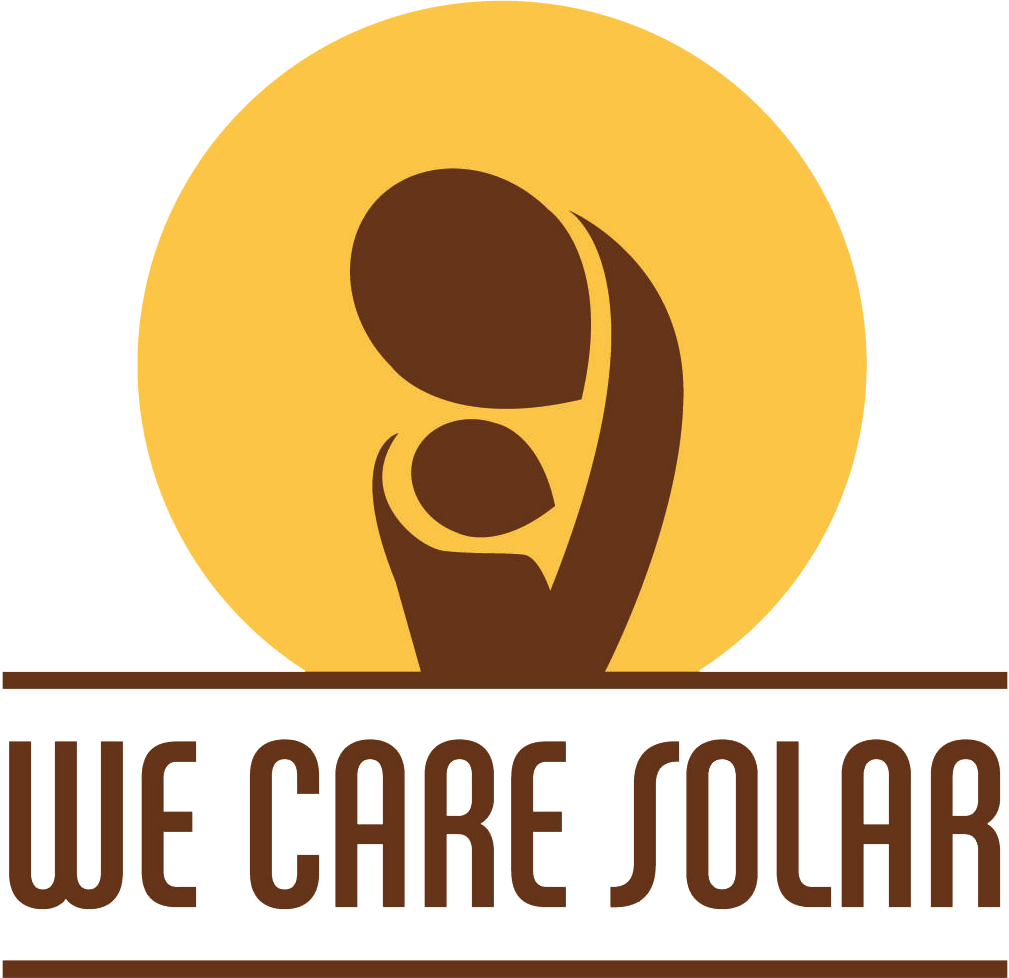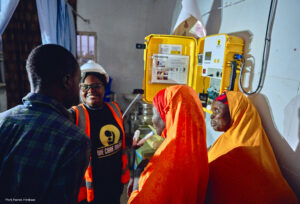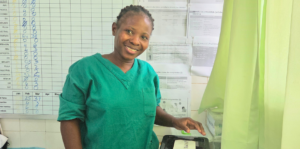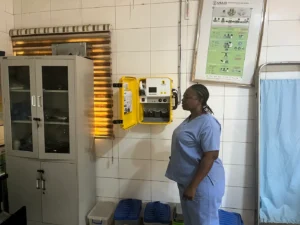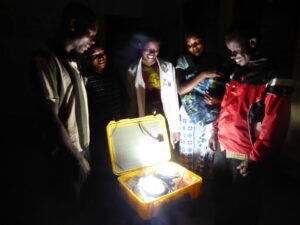 In 10 days, we’re heading back to Nigeria to begin field research in Kano state. We’ll be investigating the use of the second generation WE CARE Solar Suitcase in twelve health maternal health facilities. We’re aiming to collect feedback from midwives and doctors about the Solar Suitcase itself, and we’re hoping to learn how to best adapt the solar suitcase to further mitigate the challenges of working in a low-resource setting. We’ve equipped the newest Solar Suitcases with fetal doppler (to more easily detect fetal well-being or distress), cell phones with SMS capacity (to conduct surveys on clinical care) and remote monitoring (to follow the performance of the solar suitcase 24 hours a day). We will be looking for local sources of batteries and solar panels, and conducting capacity-building trainings to ensure that their will be local capacity for servicing and expansion of our modular systems. We aim to distribute a total of 36 Solar Suitcases to health facilities in Northern Nigeria in the next several months, and have additional meetings planned with officials from other regions of Nigeria. We are grateful that this research has received substantial support by the MacArthur Foundation, and will continue to collect donations for the solar suitcases themselves.
In 10 days, we’re heading back to Nigeria to begin field research in Kano state. We’ll be investigating the use of the second generation WE CARE Solar Suitcase in twelve health maternal health facilities. We’re aiming to collect feedback from midwives and doctors about the Solar Suitcase itself, and we’re hoping to learn how to best adapt the solar suitcase to further mitigate the challenges of working in a low-resource setting. We’ve equipped the newest Solar Suitcases with fetal doppler (to more easily detect fetal well-being or distress), cell phones with SMS capacity (to conduct surveys on clinical care) and remote monitoring (to follow the performance of the solar suitcase 24 hours a day). We will be looking for local sources of batteries and solar panels, and conducting capacity-building trainings to ensure that their will be local capacity for servicing and expansion of our modular systems. We aim to distribute a total of 36 Solar Suitcases to health facilities in Northern Nigeria in the next several months, and have additional meetings planned with officials from other regions of Nigeria. We are grateful that this research has received substantial support by the MacArthur Foundation, and will continue to collect donations for the solar suitcases themselves.
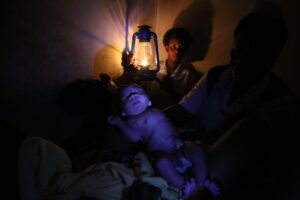
Lighting the Last Mile: Why We Care Solar Remains Essential
By Laura Stachel Fifteen years ago, We Care Solar was founded to address a simple but pervasive problem: women dying in childbirth because their health
